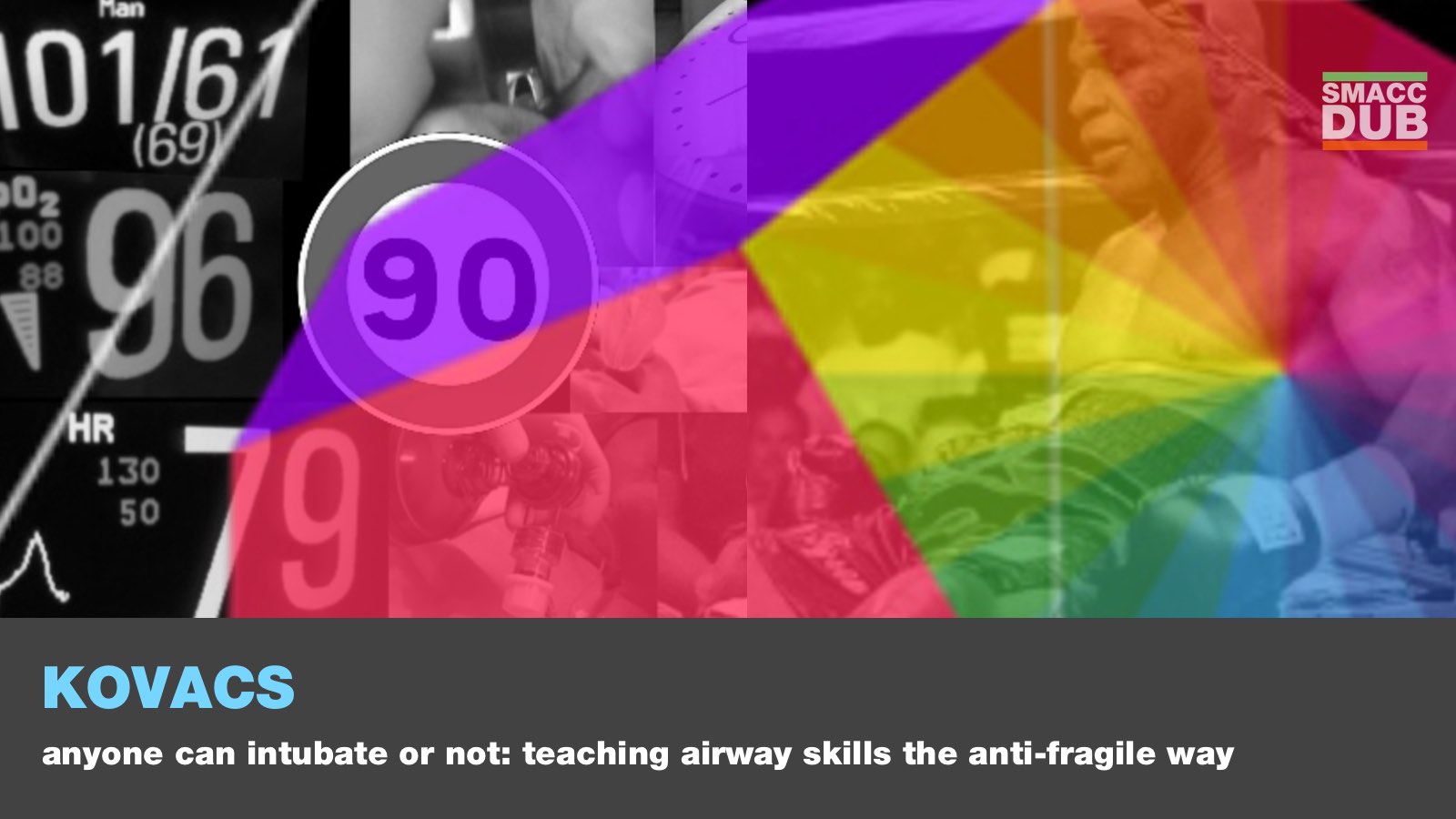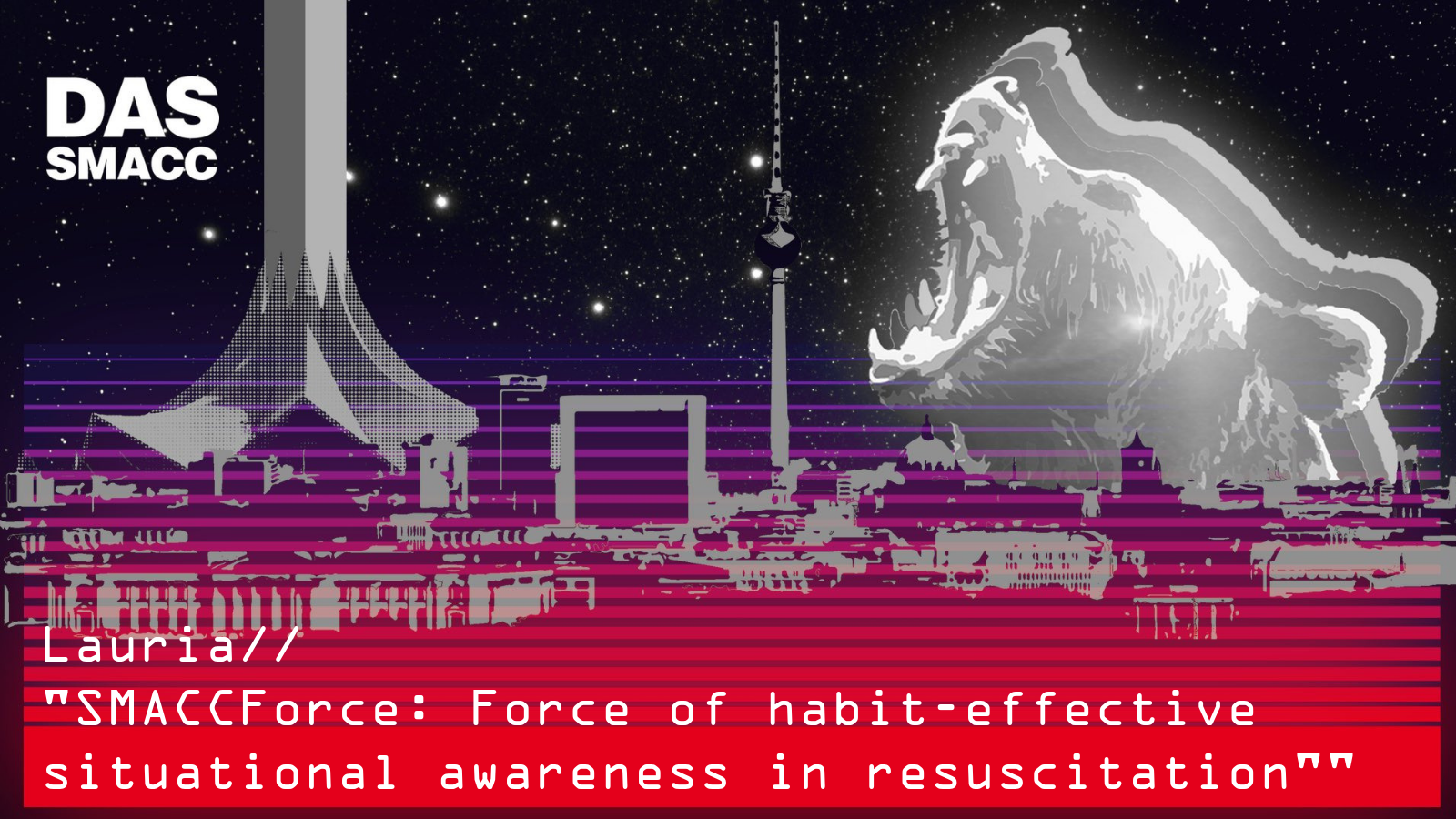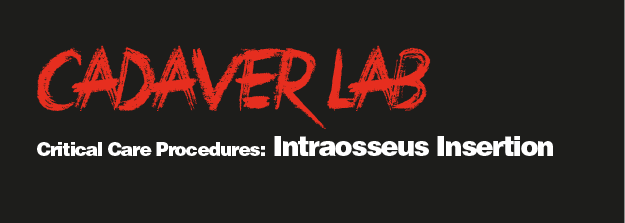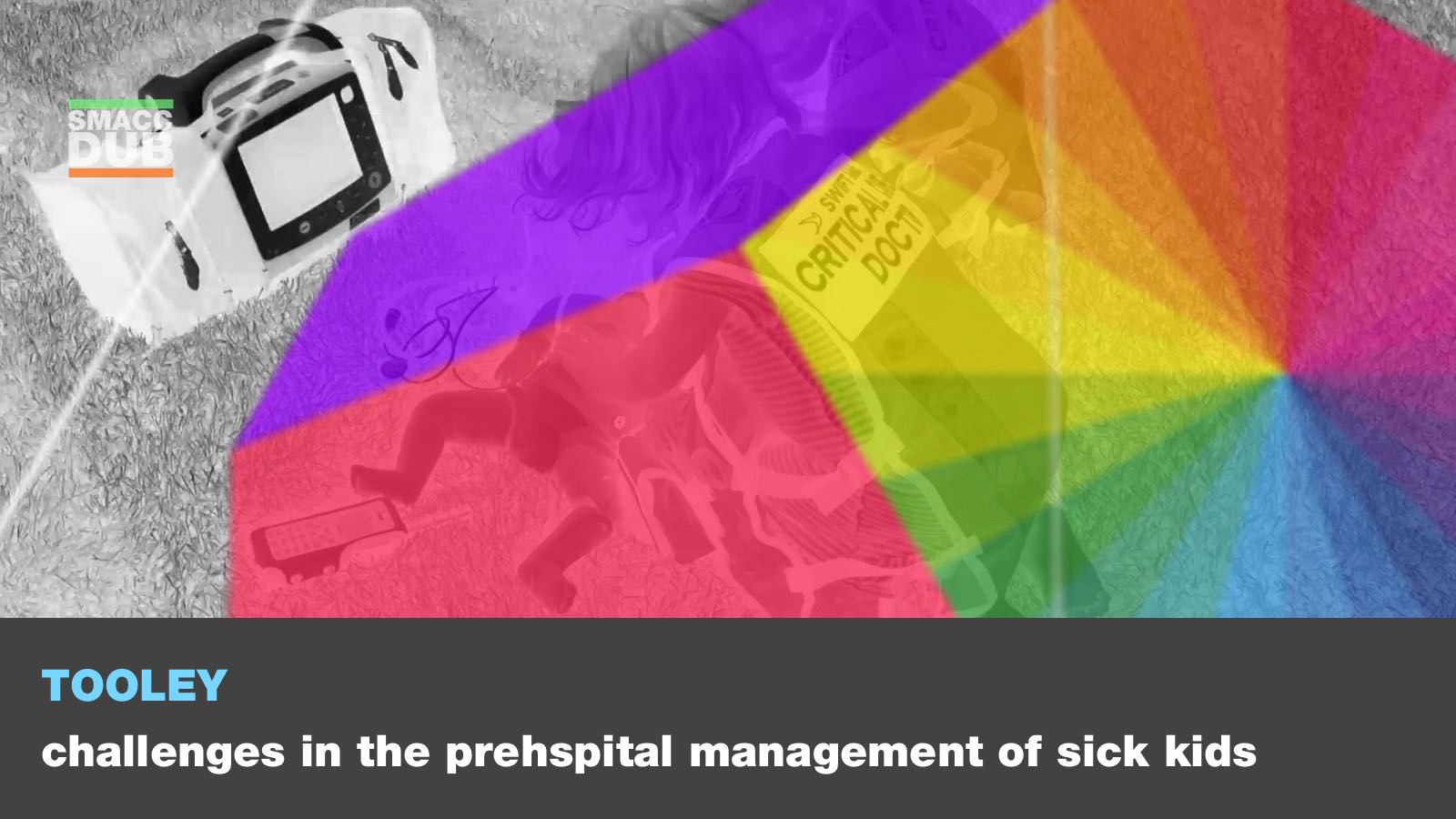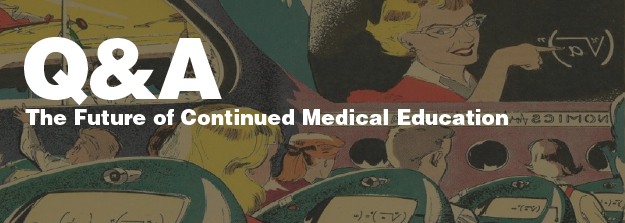At DasSMACC we saw three talks which investigated the role of simulation training in medicine. Clare Richmond, Chris Hicks and Jon Gatward told the story of patient Leah, played by Renee Lim, on her journey from the pre-hospital environment, to the Emergency Department, and finally the Intensive Care Unit. They are collected here together so you can follow Leah’s story. At the bottom of the page you will find full length videos of the three conversations that occurred in the Intensive Care Unit: “Open Disclosure”, “Breaking Bad News”, and the “Family Donation Conversation”.
Learning from Sim Part 1: Critical Moments in the Pre-hospital Setting
This talk introduces Leah before she enters the hospital system, beginning where life happens – the pre-hospital world.
Simulation is a tool which allows us to rehearse our skills and scenarios before they happen in real life, to real people, our patients. Many clinicians dislike simulation, they know it is good for them, but find it challenging to drop into a world of manikins, fear performing in front of their peers and find debriefs uncomfortable.
This talk will consider the purpose of simulation and its role in providing a safe working environment for clinical care anywhere.
The Podcast
Learning from Sim Part 2: Critical Moments in the Pre-hospital Setting
In part 2 of the Learning from Sim series, the story continues as Leah arrives in the emergency department.
Emotion has a profound effect on decision-making. As scientists and rational beings, we like to believe that we can control our emotions and make good decisions regardless of the context in which those decisions must be executed. The reality is, that’s far from the truth. Furthermore, we rarely take the opportunity to deliberately examine how emotional valence can influence the choices we make, or how we sort and process information as clinicians. Simulation-based training often provokes strong emotions, both positive and negative, whether we intend it to or not. Sim may be an ideal tool for eliciting challenging emotions — anger, fear, anxiety, joy, prejudice — and developing skills to manage them in real time. Breathe, make better decisions.
The Podcast
Learning from Sim Part 3: Critical Moments in the Intensive Care Unit
We have difficult conversations in critical care. We deal with sick and complex patients who may be at the end of life. The families we talk to may be in a state of shock and acute grief, unable to think clearly and make important decisions. Patient safety incidents and other challenging issues such as organ and tissue donation may further complicate the patient journey. We follow the story of Leah and the difficult conversations that were needed in caring for her and her family. We will examine some of the key elements that can contribute to successful communication in difficult circumstances. As clinicians, our training in this type of communication may be limited to observing our mentors, and we may feel inadequately prepared. We investigate how simulation training can be used to improve the quality of communication, increase our skill and comfort level so that we can guide patients and families through complex and challenging situations. We also investigate how lessons learnt from simulation debriefing can be transferred to the conduct of difficult conversations in real life.


